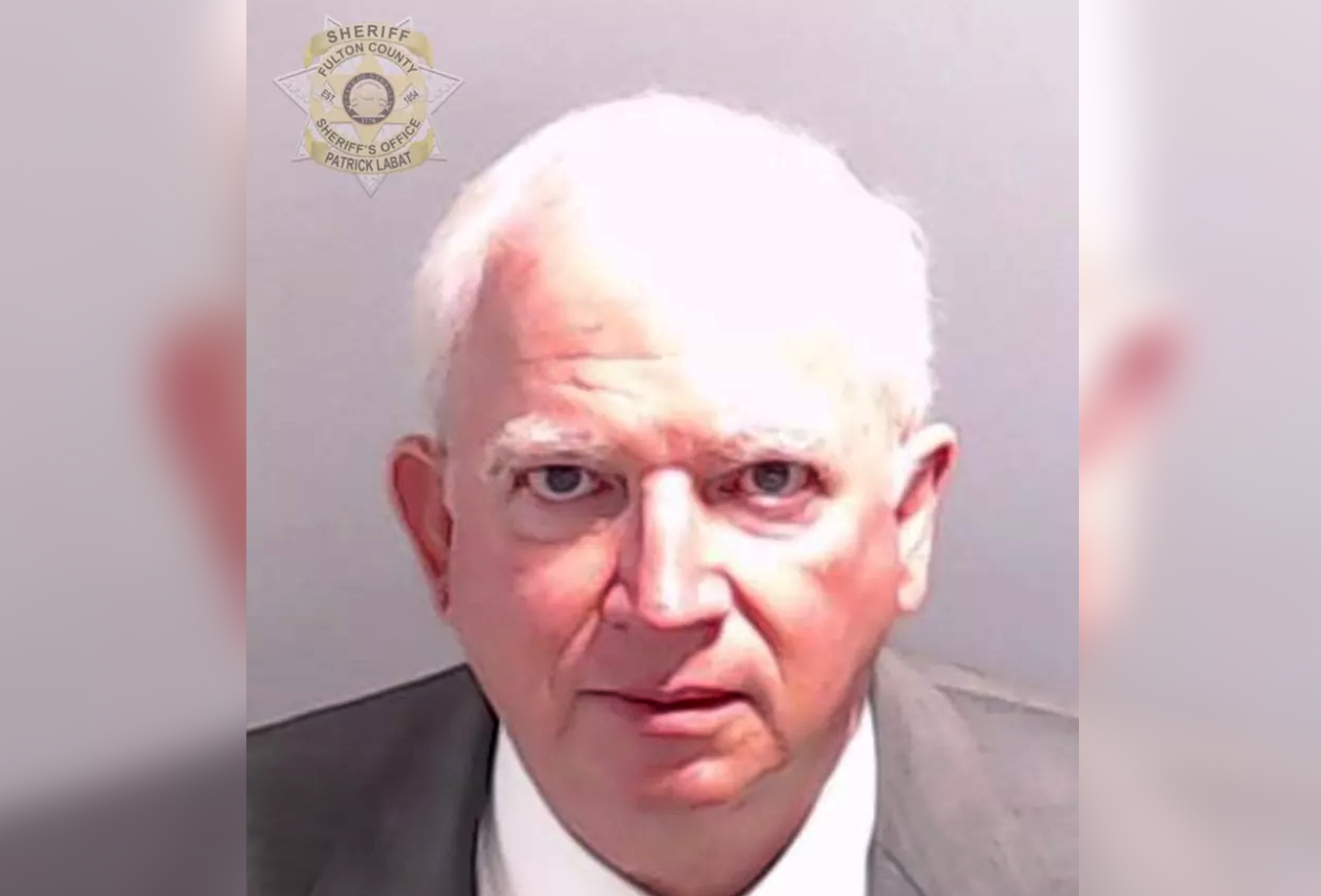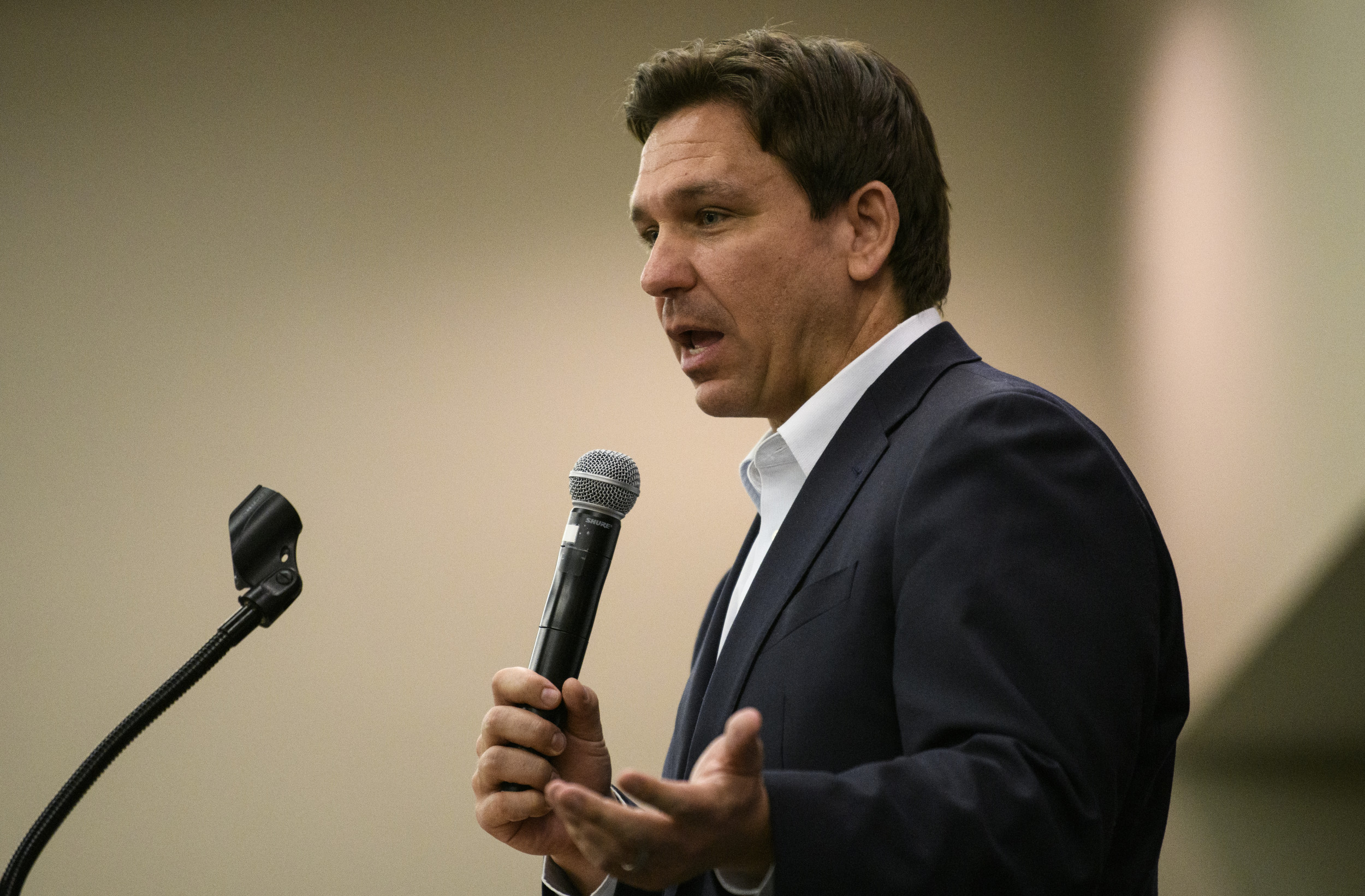U.S. Senate Minority Leader Mitch McConnell is one of the most powerful individuals in Washington, D.C. He is also one of its longest-serving, with a tenure in Congress unmatched by just one man: Iowa's Chuck Grassley.
But while the 81-year-old is also one of Congress' oldest members, he's not by much. In fact, three other individuals in the U.S. Senate—Grassley, California Senator Diane Feinstein, and Vermont independent Bernie Sanders—are older than he is. And by all metrics, Congress isn't getting any younger.
Despite an influx of younger blood during the past two election cycles, the 118th United States Congress is older than any in history, a Newsweek analysis of members' age shows, with the average age for members of the Senate currently higher—at about 65 years of age—than any generation before it.
For context, the average voter in the United States, according to the Pew Research Center, is 50 years old.
The sheer age of U.S. politicians and increasingly visible issues with their health—McConnell's recent inability to speak during press conferences, Feinstein's prolonged absences from Capitol Hill due to health issues, 80-year-old President Joe Biden's propensity to commit gaffes on the job—have prompted calls for policies like term limits and mandatory mental competency tests.
Others, however, have argued the trend of aging politicians is voters' own fault.
In the lead-up to the 2020 elections, Pew noted the overall electorate was six years older on average than it was in 1996, a sign of the "Baby Boom" generation's persistent influence on the electorate. And that's likely not to change anytime soon.

"Older Americans' lock on higher office is only going to intensify as the baby boomers age into their 100s," journalist William J. Kole, author of the upcoming book The Big 100: The New World of Super-Aging, said in comments provided to Newsweek.
"People aged 65 and up already form the biggest voting bloc in most states," he added. "Between now and 2040, the senior population is projected to swell by 44 percent, while the 18-to-64 population grows by just 6 percent. And many of those elders will have no qualms about keeping older politicians in office."
But it could be the fault of younger voters as well.
In a 2022 research paper in the journal Political Behavior, Colorado University at Boulder professor Damon Roberts discovered that while younger voters historically disapprove of older politicians' job performance at higher rates than their junior colleagues, they also seem to be just as willing to vote for older candidates, with the candidates' politics the main driver behind whether they support them or not.
That said, the biggest factor could be politicians' own unwillingness to step aside.
A 2022 University of Oxford study of 11 countries and more than 57,500 politicians from around the world found, in the United States, politicians can live an average of roughly seven years longer than the general population—the largest such disparity on earth.








